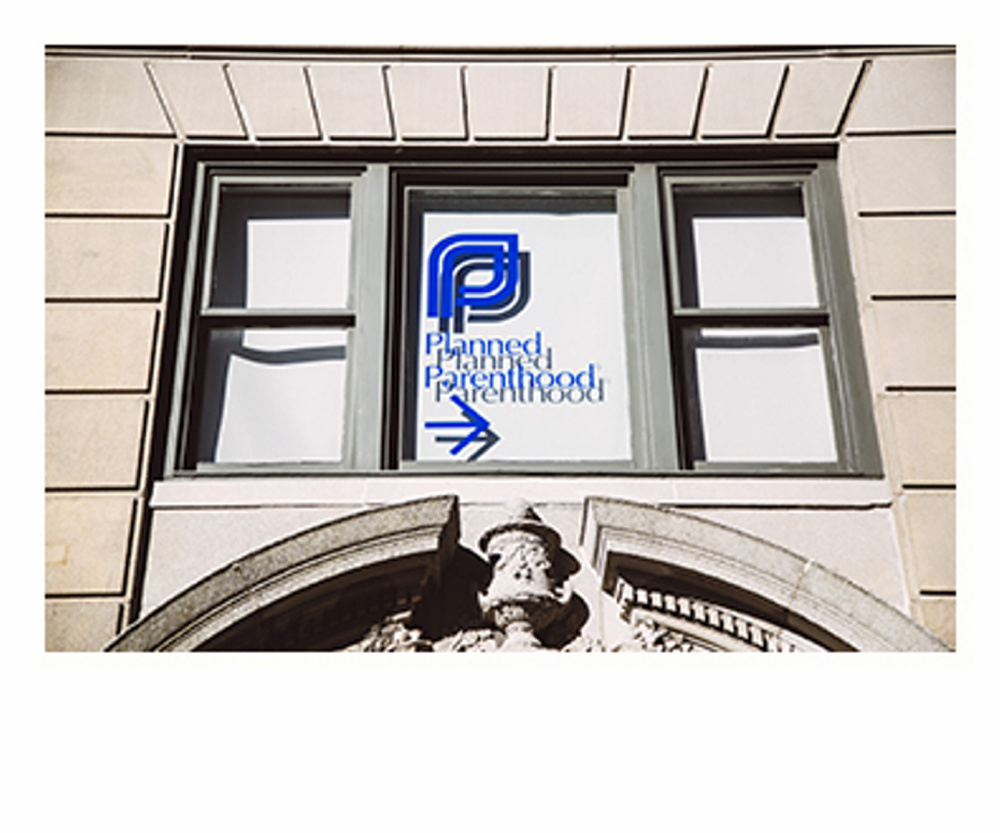While Maine earlier this year became one of three states in the U.S. to offer telemedicine abortion services in an effort to expand abortion access to rural and lower-income women, the state should not stop there. With abortion rights recently under attack in Louisiana, Arizona and across the rest of the nation, Maine should continue to be a leader in expanding abortion access by legalizing late-term abortions.
Maine’s ban on late-term abortion is a war on some of its most vulnerable citizens: low-income women. Maine law allows abortion up to fetal viability, the point at which a fetus can live outside of the womb, with most medical experts citing this cutoff at 24 weeks’ gestational age. After viability, abortion is allowed only when necessary to preserve the life or health of the mother.
Maine law does not allow abortion post-viability even for cases of fetal anomalies, generally undiagnosable up until 20 weeks’ gestation or later. Maine’s ban on late-term abortion disproportionately affects low-income women, thus denying these women the same right to abortion services as their more financially secure counterparts.
WHY LATE-TERM ABORTIONS ARE NEEDED
Given that abortion in Maine is unrestricted and legal up until the point of viability, opponents may wonder why late-term abortion should be legalized. Why don’t Maine women just obtain abortions within the legal gestational limit?
Unfortunately, many low-income women struggle to afford the costs associated with abortion and face difficulties accessing abortion services within the state’s legally accepted period of time. These barriers often contribute to the need for late-term abortions.
In a 2004 study, 36 percent of women who underwent abortions during the second trimester or beyond reported that because of financial constraints, it took time for them to save enough money for an abortion. Besides cost and accessibility issues, other barriers to abortion for lower-income women include domestic and intimate partner violence, substance use disorders and mental health problems.
The financial challenges that lower-income women face when accessing abortion services are not solely related to the cost of the procedure, although these procedures can cost anywhere from a few hundred to a few thousand dollars.
The cost of transportation to an abortion provider can contribute to the delay of an abortion that may have been intended at an earlier time. In another recent study on women who use abortion services, women who underwent a second-trimester abortion spent an average of $100 on transportation to a facility (range: $0 to $2,200), while women seeking a first-trimester abortion spent an average of $18 (range: $0 to $400).
Women seeking late-term abortions are twice as likely as women seeking first-trimester abortions to experience delays because of difficulty in securing public or private insurance that will cover abortion services. Seventeen states – four voluntarily and 13 mandated by state courts – provide state-funded abortion coverage to low-income women. Maine is not one of them.
Given Gov. LePage’s consistent and blatant refusal to expand Medicaid, and its lack of coverage of abortion-related services, many of Maine’s low-income women are unable to obtain abortions, even though they may need or want one. Even something as simple as confirming a suspected pregnancy may be challenging for many low-income women.
This may be due in part to lack of accessible and affordable health care or, more simply, even the lack of funds to afford an in-home pregnancy test. In a study released in 2013, 45 percent of women who obtained abortions after 20 weeks of pregnancy reported that not realizing they were pregnant delayed their seeking of abortion services.
While late-term abortions generally refer to procedures performed after fetal viability, the term has been increasingly used to refer to abortions performed after only 20 weeks. However, Hal Lawrence, executive vice president of the American Congress of Obstetricians and Gynecologists, said in 2015: “In no way, shape or form is a 20-week fetus viable. There’s no evidence of a 20-week fetus surviving, even with intensive medical care.”
It is important, here, to make this distinction. Abortion opponents continue to use misleading rhetoric to sway public opinion. Public education about late-term abortion is integral to reducing the stigma that women face in their fight for this reproductive right.
HUMANIZE, DON’T STIGMATIZE, WOMEN
These public education efforts must provide accurate information on sensitive topics, such as fetal pain, that opponents of late-term abortion use to perpetuate the stigmatization of women who use these procedures. There is no substantive and widely accepted scientific evidence that fetuses can experience pain after 24 weeks and, according to the Royal College of Obstetrics and Gynaecology, fetuses under 24 weeks do not have sensory structures developed or specialized enough to feel pain.
The state of Maine should legalize late-term abortion to allow all women, regardless of socioeconomic status, the right to bodily autonomy and equal access to abortion services. Humanizing the women who seek out these procedures is important to shifting public perception. In order to foster compassion and understanding, the greater community must listen to these women’s voices and trust that they are competent and capable of making the right decisions to author their own stories.
Send questions/comments to the editors.


